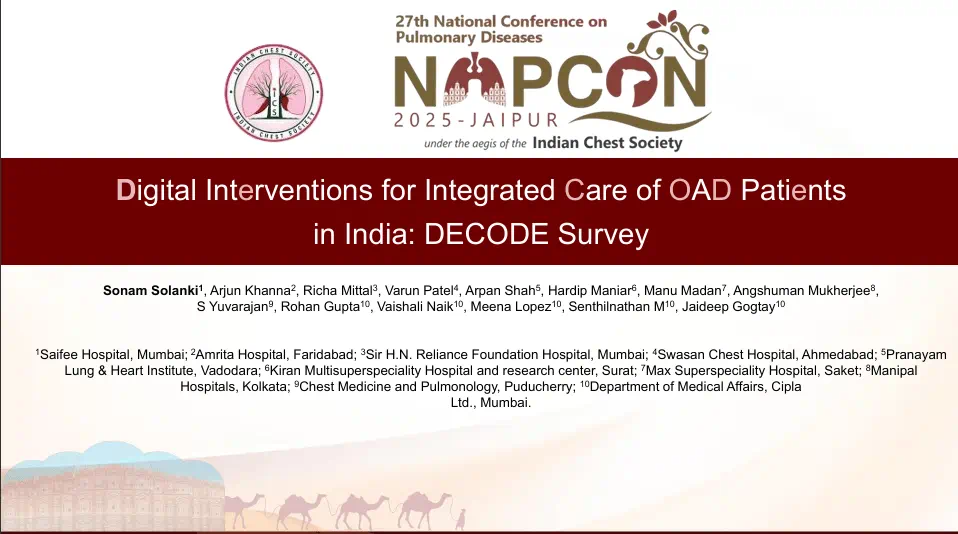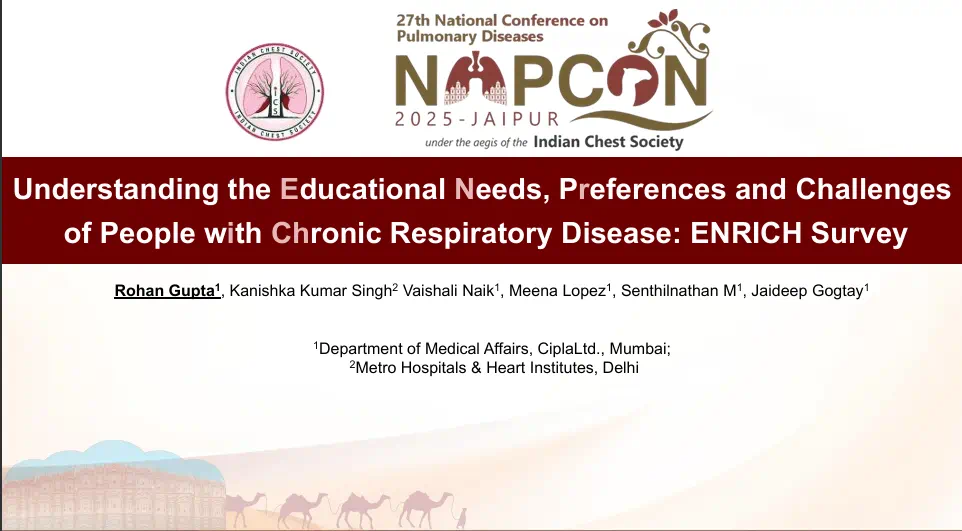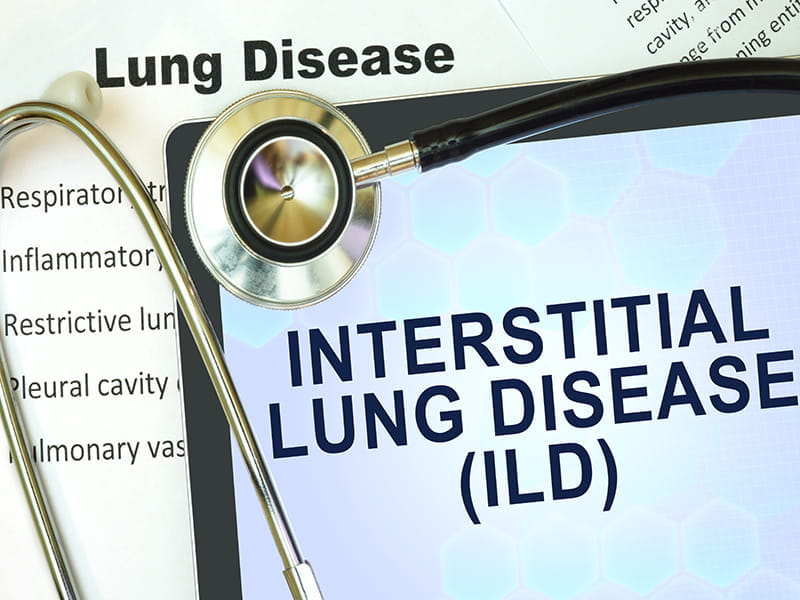ATS 2023: Home Spirometry Monitoring in Patients with Interstitial Lung Disease
Background: Patients with interstitial lung disease (ILD) usually experience a considerable burden, and the prognosis rate for this condition is typically poor. Antifibrotic therapies have shown promise in slowing down the progression of the disease and improving survival rates. The objective is to assess the feasibility of using home spirometry monitoring in patients with different types of ILD and determine if it can detect early signs of progressive fibrosing ILD. This early detection would allow for timely initiation of treatment, potentially leading to improved outcomes in terms of mortality and morbidity.
Methods: Participants diagnosed with connective tissue disease-related interstitial lung disease (CTD-ILD), idiopathic pulmonary fibrosis (IPF), and familial pulmonary fibrosis (FPF) were enrolled in a prospective study lasting 12 months. Each participant received a handheld spirometer (MIR Spirobank Smart) and an oximeter connected to a real-time electronic health journal through a smartphone app. They were instructed to record daily spirometry and oximetry readings. To minimize variability, participants were asked to perform one or more spirometry maneuvers at approximately the same time each day, and the best value recorded for each day was used for analysis.
Results: A total of 62 patients with connective tissue disease-related interstitial lung disease (CTD-ILD), 31 with idiopathic pulmonary fibrosis (IPF), and 21 with familial pulmonary fibrosis (FPF) were included in the study. The median ages for the CTD-ILD, IPF, and FPF groups were 66, 71, and 69 years, respectively. Among the participants, 47.8% were male. Preliminary findings from 98 patients showed that the median predicted forced vital capacity (FVC) was 82.1% for CTD-ILD, 81.3% for IPF, and 84.5% for FPF. The median duration of follow-up was 158.5 days. Across all three groups, the median oxygen saturation (SpO2) based on 7422 readings was 96%.
Conclusion: These findings support the feasibility of remotely monitoring forced vital capacity (FVC), providing patients with a sense of control over their condition, and generating detailed data for the early detection of rapidly progressing interstitial lung disease (ILD). This approach enables timely medical intervention and management.
American Thoracic Society (ATS) 2023 International Conference, 19th May–24th May, 2023, Washington, DC




